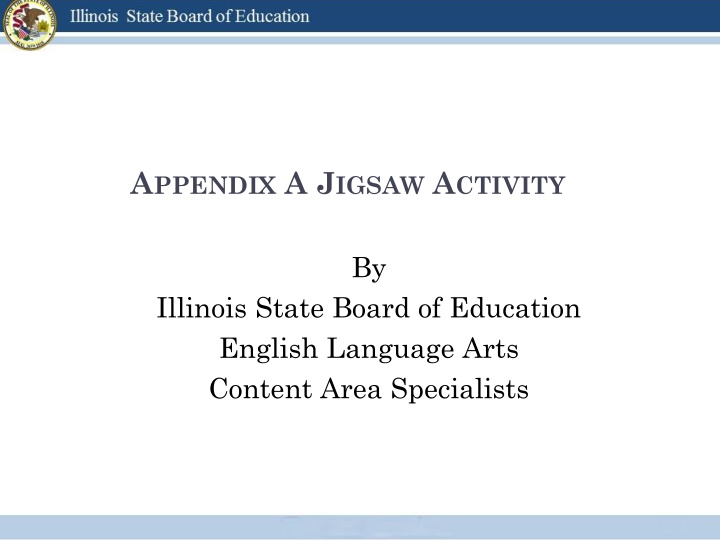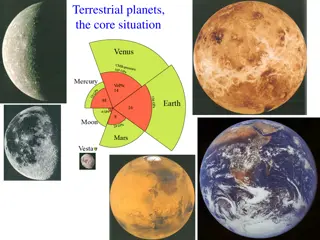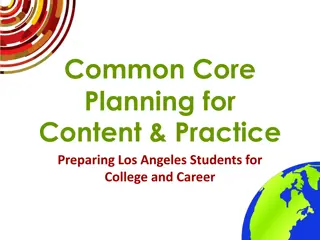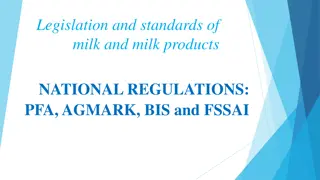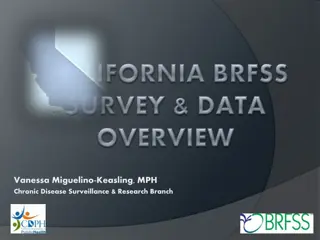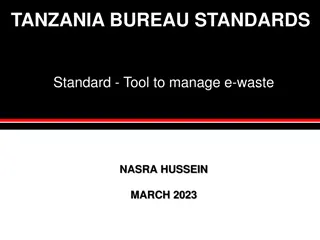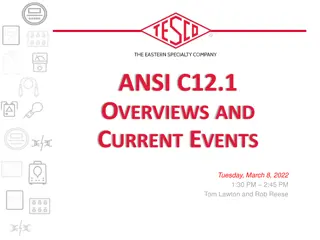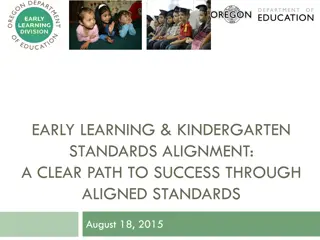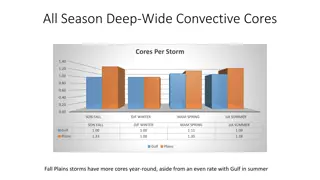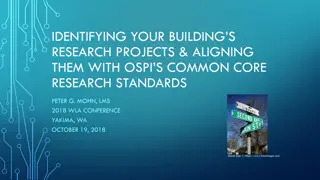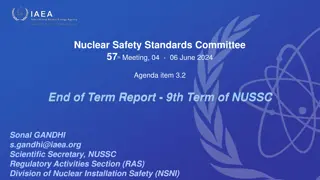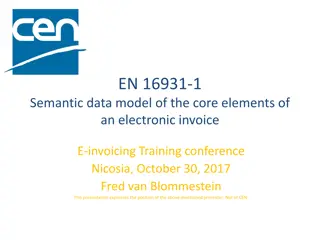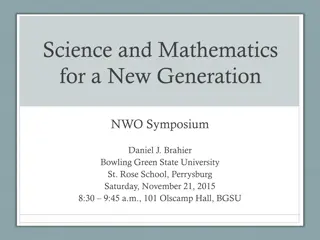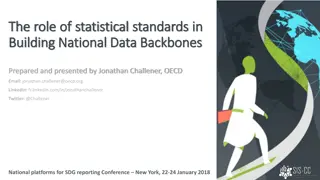Unlocking Common Core State Standards Insights
Go beyond the surface with this jigsaw activity by the Illinois State Board of Education English Language Arts specialists. Delve into key implementation ideas, text complexity, writing types, and characteristics of a college-ready student. Explore key considerations, prioritizing text complexity, writing text types, persuasive vs. argumentative writing, and more.
Download Presentation

Please find below an Image/Link to download the presentation.
The content on the website is provided AS IS for your information and personal use only. It may not be sold, licensed, or shared on other websites without obtaining consent from the author.If you encounter any issues during the download, it is possible that the publisher has removed the file from their server.
You are allowed to download the files provided on this website for personal or commercial use, subject to the condition that they are used lawfully. All files are the property of their respective owners.
The content on the website is provided AS IS for your information and personal use only. It may not be sold, licensed, or shared on other websites without obtaining consent from the author.
E N D
Presentation Transcript
APPENDIX A JIGSAW ACTIVITY By Illinois State Board of Education English Language Arts Content Area Specialists
PURPOSES/OUTCOMES Understand the key implementation ideas behind the Common Core State Standards Define terms such as text complexity, writing text types, and close reading Understand the characteristics of a college or career ready student
Kathleen McNeary Area IA Erik Iwersen Area I-BB, BC, BD Amy Robinson Area I-C Jill Brown Area II Katy Sykes Area III and IV Kathi Rhodus Area V and VI
APPENDIX A ACTIVITY Consists of: Key Implementation Factors Key Design Considerations Prioritizing Text Complexity Determining Text Complexity Implementing Text Complexity Three Writing Types Writing: Argument vs. Persuasive Speaking and Listening Language Vocabulary Characteristics of a College/Career Ready Student
KEYCONSIDERATIONS: INCREASED EMPHASISON INFORMATIONALTEXT
PRIORITIZINGTEXTCOMPLEXITY Too much scaffolding has occurred but it still has it s place. Publishers have created texts that offer too much support. FACTS: Text Complexity has steadily declined since 1963. Hayes, Wolfer, and Wolf (1996) Only AP textbooks met newspaper readability levels in 1992. Hayes and Ward, (1992) 350 point Lexile gap found between end of high school and beginning of college. Williamson, (2006).
THREE WRITING TEXT TYPES Argumentative Demonstrates logically a point of view, position or belief Informational/Expository Conveys information accurately Explanation is for clarification Narrative Conveys experience either imaginative or real Creative Writing beyond Narrative Poetry Monologue vs. dialogue Suspense
PERSUASIVE VS. ARGUMENT Persuasive Appeals to emotions rather than logic. Argument Convinces audience based on logic and sound reasoning.
SPEAKINGAND LISTENING Receptive vs. Expressive Language Oral Language Purposeful and systematic in even earliest of grades Foundation for written language skills Listening comprehension outpaces reading comprehension Allocate instructional time building listening skills
VOCABULARY Tier One Words- Consist of basic words and rarely require instructional attention in school and highly frequent in life: clock, baby, ball, happy, walk, run, etc. Tier Two Words - High frequency use for mature language users and found across a variety of knowledge domains: coincidence, absurd, industrious, fortunate, etc. Tier Three Words - Low frequency use and limited to specific knowledge domains: isotope, lathe, peninsula, refinery,etc. Best learned when teaching specific content lessons such as geography, science, etc. Beck, I.L., McKeown, M.G., & Kucan, L. (2002). Bringing words to life: Robust Vocabulary Instruction. NY: Guilford Press.
CHARACTERISTICSOFACOLLEGE/CAREER READYSTUDENT
Additional Resources Common Core Standards www.corestandards.org Literacy in History/Social Studies, Science and Technical Subjects 6-12 Text Complexity Supplemental Information Appendix B Text Exemplars, Sample Performance Tasks, Cross Content Nonfiction and Informational Text Appendix C Student Writing Samples Publisher s Criteria for K-2 and 3-12
CONTACT INFORMATION Katy Sykes ksykes@i-kan.org Jill Brown jbrown@kidsroe.org
